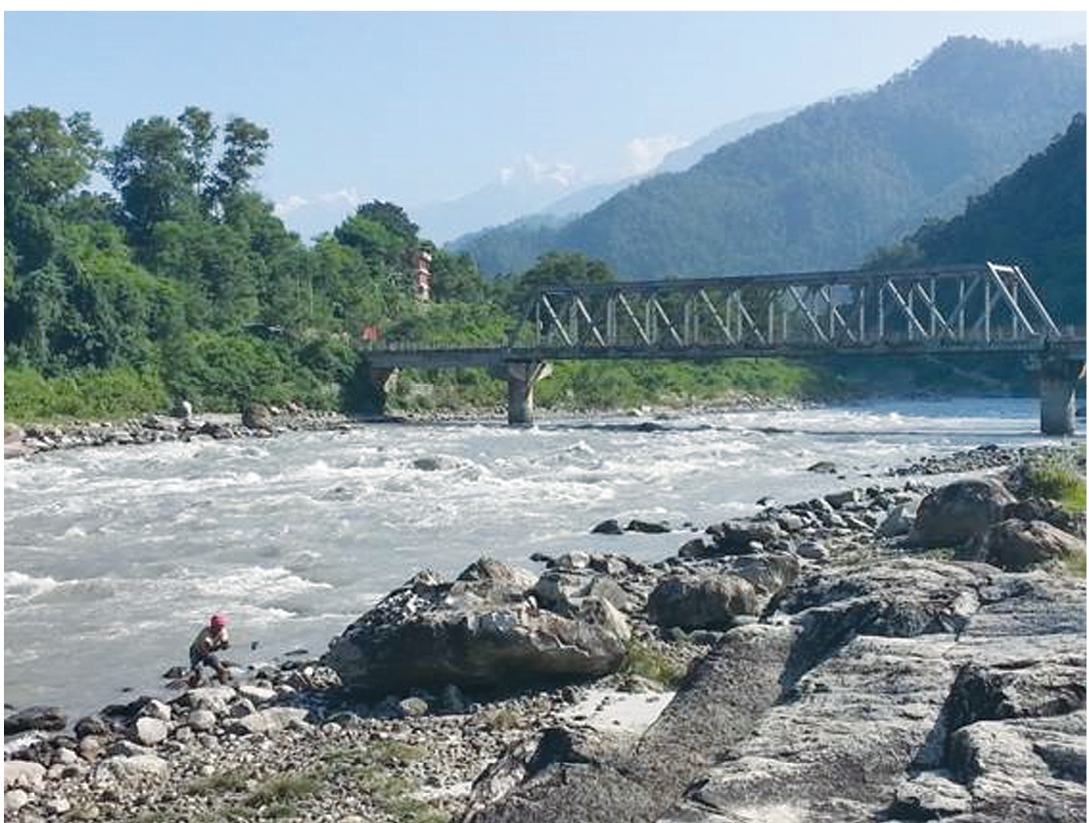A look into Nepal’s environmental law

Darshana Rana
We need to give urgent attention and care to our environment because it is degrading at an alarming rate. In this regard, the youths are becoming conscious about their future in this environmental crisis.
Greta Thunberg, a sixteen year old Swedish climate activist’s words, “How dare you!” questioning the people in position of power for not protecting our environment has become viral.
While the debate on government’s responsibility to protect the environment in gaining momentum in Nepal, the Environment Protection Act, 2076 (2019) has replaced the earlier Environment Protection Act 2053(1997).
The current Act specifically addresses the issue of climate change which was not the case in the previous regime. It puts the onus on the authorities to make the public aware about climate change.
It also obligates the government of Nepal to recognise the sectors that produce greenhouse gas and mitigate its effects in the environment. Further, the Act envisages the concept of carbon trading and empowers the government of Nepal to do carbon trading with foreign government and institutions.
The concept of carbon trading originated in 1997 Kyoto Protocol, according to which, each country has a cap on the amount of carbon they are allowed to release. Countries that have a high level of carbon emissions can purchase the right to release more carbon from the countries that have lower carbon emissions. Currently, China is the biggest emitter of greenhouse gases followed by the United States, India, Russia and Japan.
The current Act of Nepal incorporates more safeguards and imputes higher liabilities on business to protect the environment. It has mandated submission of environmental study report as a regulatory safeguard to protect the environment. This report requires the proposer to lay out likely environmental impact the project will have and measures taken by them to curb the adverse consequences.
If a project operates without the report then the authorities are empowered to stop the project immediately. The proposer needs to be very mindful while submitting an environmental study report because if it is not according to the standards prescribed then the proposer will not be allowed to submit an environmental study report till the next five years, thereby deterring frivolous proposals and ensuring that quality reports are submitted.
Additionally, before implementation of the project the proposer has to prepare an environmental management plan. The plan will entail all probable solutions that can be adopted and measures undertaken to safeguard the environment. This is followed by a progress report which has to be submitted every six months.
Even two years after the initiation of the project, the proposer has to submit an environmental assessment report within six months entailing the impact of the project on the environment and efforts undertaken to mitigate such impacts.
As opposed to the earlier legislation which only envisaged initial environmental examination and environmental impact assessment as a regulatory safeguard, the current framework has incorporated more regulatory safeguard provisions, regulating every stage of the project implementation.
The project will be constantly monitored and assessed in its initiation stage, implementation stage and even when the project begins operating.
In terms of punitive measure, fine for approval and implementation of project under the earlier legislation amounted up to Rs. 100,000. Under the current legal framework, a fine of up to five million rupees can be levied for non-compliance. Thus, the new law imposesmuch higher amount of fine in comparison to the earlier legislation.
Environmental protection and climate change particularly affects Nepal because it is a country heavily dependent on agriculture. Installing more regulatory safeguards and imputing higher punishment will deter people from harming the environment.
Hence, this Act is a positive measure undertaken to improve the quality of life and the economy.
(Rana, a law graduate from National Law School of India, Bangalore, is currently working at Pioneer Law Associates.
darshanarana713@gmail.com)
Recent News

Do not make expressions casting dout on election: EC
14 Apr, 2022
CM Bhatta says may New Year 2079 BS inspire positive thinking
14 Apr, 2022
Three new cases, 44 recoveries in 24 hours
14 Apr, 2022
689 climbers of 84 teams so far acquire permits for climbing various peaks this spring season
14 Apr, 2022
How the rising cost of living crisis is impacting Nepal
14 Apr, 2022
US military confirms an interstellar meteor collided with Earth
14 Apr, 2022
Valneva Covid vaccine approved for use in UK
14 Apr, 2022
Chair Prachanda highlights need of unity among Maoist, Communist forces
14 Apr, 2022
Ranbir Kapoor and Alia Bhatt: Bollywood toasts star couple on wedding
14 Apr, 2022
President Bhandari confers decorations (Photo Feature)
14 Apr, 2022











